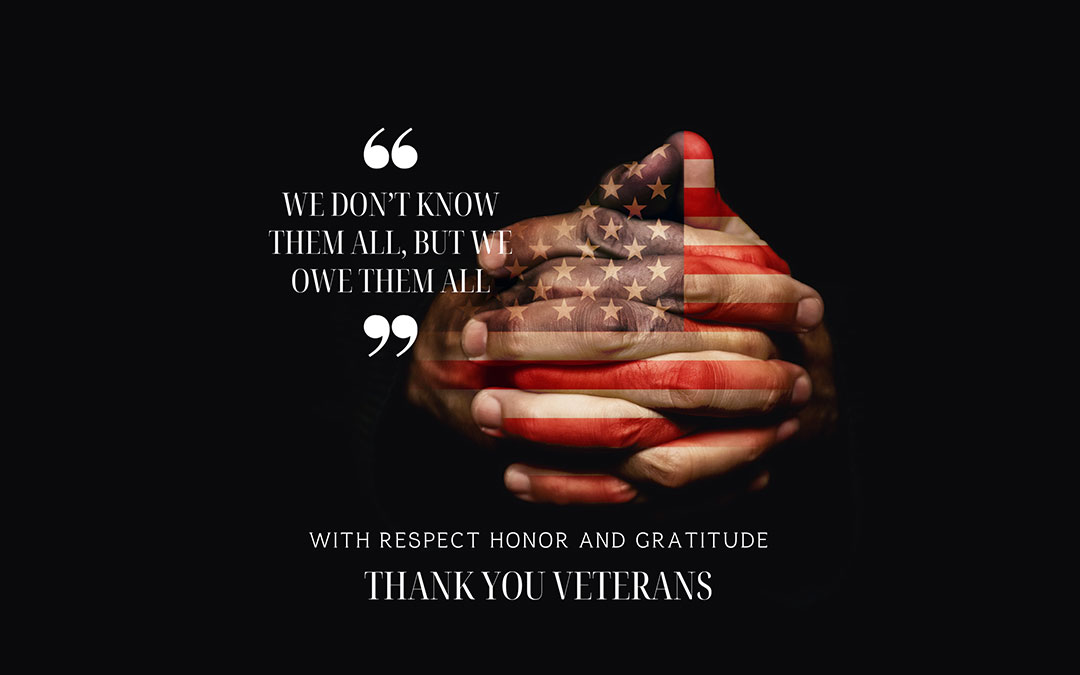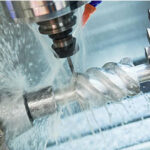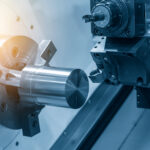In the dynamic landscape of manufacturing, the contributions of skilled professionals are paramount. Among these, the hiring of veterans emerges as a strategic decision that not only honors their service but also brings a wealth of unique skills and attributes to the manufacturing sector. This blog explores the profound importance of hiring veterans and the lasting impact they make in the manufacturing industry, with a specific focus on their experience in military applications and aerospace.
The Veteran Advantage:
Discipline and Work Ethic:
Veterans are renowned for their discipline and strong work ethic cultivated through military service. In manufacturing, where precision and reliability are crucial, these qualities translate into employees who are dedicated, punctual, and understand the importance of attention to detail.
Leadership Skills:
Military service often equips veterans with exceptional leadership skills. In manufacturing settings, this translates to effective team management, clear communication, and the ability to lead by example. Veterans bring a sense of accountability and responsibility to the workplace, fostering a positive and efficient work environment.
Adaptability and Problem-Solving:
Veterans are accustomed to adapting to diverse and challenging situations, particularly in military applications. In the fast-paced world of manufacturing, where unexpected issues can arise, the ability to think on one’s feet and solve problems efficiently is a valuable asset. Veterans often bring a level-headed approach to overcoming obstacles, ensuring smooth operations.
Technical Training:
Many military roles involve specialized technical training, especially in areas like aerospace and military applications. Whether in logistics, engineering, or operations, veterans often possess a diverse set of technical skills that seamlessly align with the demands of modern manufacturing, especially in aerospace-related projects. This technical proficiency is a considerable advantage in an industry that relies heavily on technological advancements.
The Impact on Manufacturing:
Enhanced Safety Culture:
Veterans are well-versed in adhering to strict safety protocols. Their commitment to safety, ingrained through military training, contributes to a culture of diligence and responsibility in manufacturing environments, particularly in aerospace projects. This, in turn, reduces workplace accidents and ensures a secure working environment.
Increased Productivity:
The discipline instilled in veterans often results in heightened productivity. Their ability to focus on tasks, meet deadlines, and collaborate effectively leads to streamlined processes and improved overall productivity in manufacturing operations, crucial in the precision work required in aerospace manufacturing.
Diversity and Inclusion:
Hiring veterans fosters diversity in the workforce. The varied backgrounds, experiences, and perspectives they bring contribute to a rich and inclusive workplace culture. This diversity can drive innovation and creativity, essential elements in an industry constantly evolving to meet new challenges, particularly in the intricate world of aerospace technology.
Community Engagement:
Supporting veteran employment initiatives not only benefits individual veterans but also strengthens ties with the local community. By actively participating in veteran hiring programs, manufacturing companies contribute to the broader societal goal of veteran reintegration, positively impacting the community and fostering goodwill.
Conclusion:
The decision to hire veterans in the manufacturing sector, especially in roles related to military applications and aerospace, is not just a commendable gesture of gratitude for their service; it is a strategic move that elevates the industry as a whole. Veterans bring a unique set of skills, experiences, and values that enhance workplace dynamics, contribute to operational efficiency, and ultimately shape the future of manufacturing. As we recognize and appreciate their contributions, it becomes clear that hiring veterans is not just a choice; it’s an investment in a stronger, more resilient manufacturing workforce.






